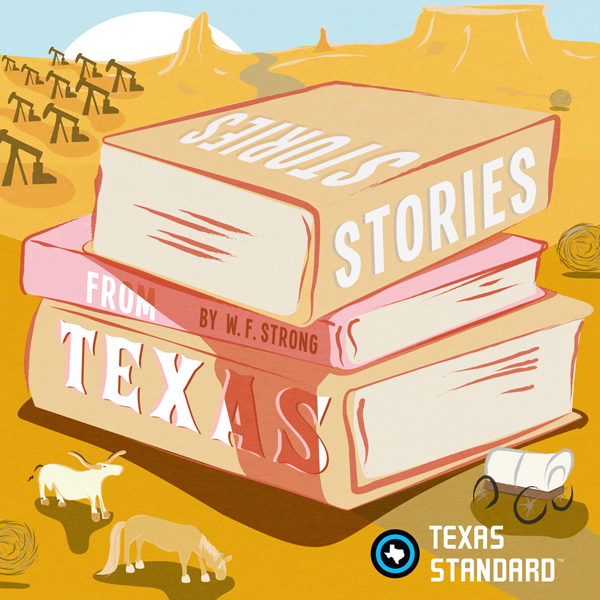At Christmas time each year I like to tell the story about a great gift given to Texas. My favorite Christmas stories of this kind concern seeds planted long ago that are still producing abundant harvests today.
You may not know the name D.H. Snyder, but you will certainly recognize his influences on Texas history.
Like many young men of his time, in the 1850s, he was already out and about making his mark in the world when he was just 22. He was hauling apples from Missouri and selling them in Texas. From apples, he went to trading horses and from horses, to cattle. He once walked 100 miles from Round Rock to San Antonio to buy horses. He had only $200 to spend. Someone asked why he didn’t just buy a horse in Round Rock and ride to San Antonio and his answer was “more horses.” The horse market was much cheaper in San Antonio and his money would go further. So he walked. His great grandson, Charles Snyder, told me that D.H.’s trading mantra was always this: “You make your profit when you buy, not when you sell.”
He drove cattle to Kansas, to Colorado, and was the first to drive cattle from Texas to Wyoming and Idaho. He was one of the first to drive cattle 90 miles from the Concho to the Pecos, without water in between. Beforehand, he rested the herd for a few days, watered them well, and even skipped slaughtering the calves (as was customary, because it was believed they slowed the herd). Then, he drove them all day and all night for 70 hours straight until he reached the Pecos. The calves did just fine. The mamas did better, too, having their babies with them. Sound familiar? Woodrow and Gus were inspired by cattlemen like Snyder and Goodnight to make a similar run in Lonesome Dove over 100 years later.
Snyder had surprising rules for his drovers. They were these:
You can’t drink whiskey and work for us.
You can’t play cards and gamble and work for us.
You can’t curse and swear in our camps, or in our presence, and work for us.
You don’t usually think of cattle drives as having such rules, but D. H. Snyder was a devout Methodist. He ran a disciplined, virtuous camp. Sometimes he even brought a minister along to conduct Sunday services. He, his men and the cattle rested on Sundays.
His method worked. All the ranchers knew that if you wanted your cattle delivered to market on the day promised, without losses, without fail, D.H. Snyder was your man.
So where’s the gift you ask? We’re coming to it.
Snyder got rich driving cattle and became a successful rancher himself, with hundreds of thousand of acres of land in his operations. He settled in Georgetown, along with his brother and business partner, John Wesley Snyder. D.H. gave land for the building of the First Methodist Church, which is still there. John gave land for the high school. They both endowed Southwestern University with multiple, generous gifts over the years, though neither went to college. D.H. served on the board for 27 years and gave the fledgling university the benefit of his business sense. He served as the treasurer for 22 years, free of charge, giving the arguably oldest university in Texas the solid financial footing it needed to become the world-class university it is today. His money went from cattle to chemistry and composition, from ranching to research.
Charles Snyder, D.H.’s great-grandson, told me that D.H. lived to be 88. In his latter years, he lived in a modest home near the university. He became legally blind. But he lost his sight, not his vision. Not long before he died, someone asked D.H. if he regretted giving most of his money to the university, which forced him to live on a meager budget compared to the rich life he once enjoyed.
He had no regrets at all. In fact, he said, “I see that investment every day as the students pass by the house on their way to class.”





